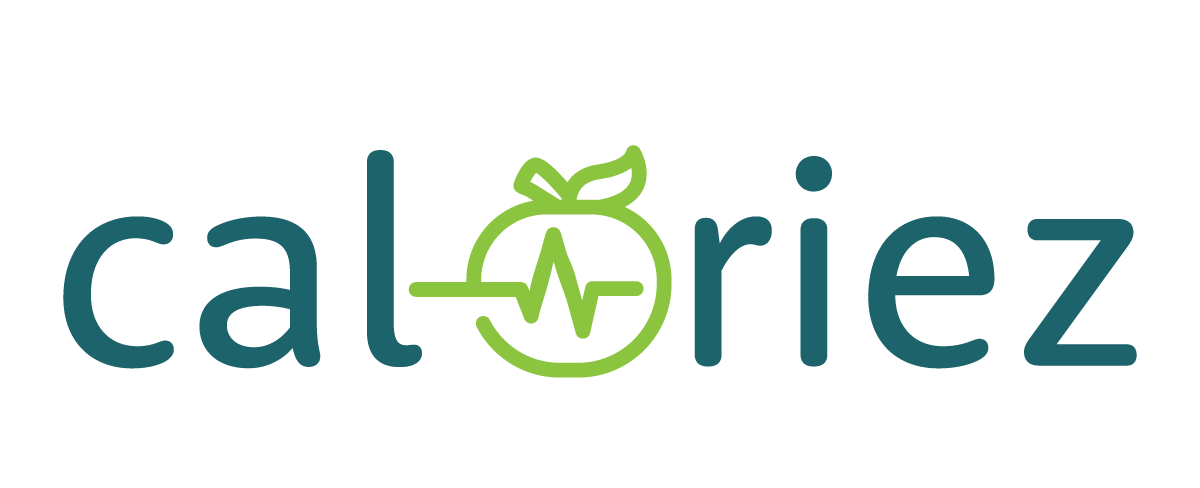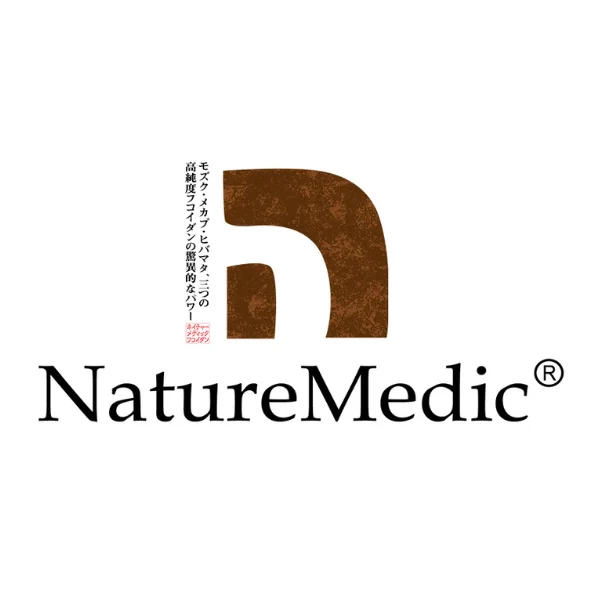Efforts to develop the following technology of Covid vaccines are working up towards bureaucratic hassles and regulatory uncertainty, scientists say, obstacles that might make it more durable to curb the unfold of the coronavirus and arm america towards future pandemics.
The Biden administration, after months of delay, has now addressed a minimum of a shortfall in funding, hurrying to difficulty the primary main grants from a $5 billion program to expedite a brand new class of stronger and sturdy inoculations.
However this system is going through the blunt actuality that vaccine improvement, after being shifted into excessive gear early within the pandemic, has returned to its slower and extra customary tempo.
Experiments on a promising nasal vaccine licensed from Yale College have slowed as researchers have tried for practically a yr to acquire older pictures from Pfizer-BioNTech and Moderna to make use of within the research. The federal authorities’s unique buy agreements for these pictures forestall doses from getting used for analysis functions with out the corporations’ approval, regardless of tens of hundreds of thousands of unused pictures being wasted in current months.
In Pennsylvania, an organization growing an inhaled vaccine associated to at least one already in vast use in India mentioned that it tried in useless to get readability about whether or not it was eligible for American authorities funding. The vaccine, the corporate mentioned, could not have gone by way of superior sufficient testing to qualify for the brand new pot of U.S. funding.
And in educational laboratories and start-up workplaces throughout the nation, vaccine makers have been left at the hours of darkness about whether or not scientific trials that the Biden administration funds might be giant and complicated sufficient to win over regulators who’re nonetheless ironing out what they are going to require for clearance.
Federal officers, a few of whom have change into involved in regards to the management of the next-generation vaccine program, acknowledged that key questions stay about how this system will function and the way shortly it may possibly ship. Though some Biden administration officers hope to roll out new vaccine know-how by fall 2024, many scientists imagine doses are a minimum of a number of years away.
“There’s not the cash, there’s not the infrastructure, there’s not the assist,” John Moore, a virologist at Weill Cornell Drugs, mentioned of the push for improved vaccines. “So I’m not anticipating any next-generation main issues within the close to future.”
The Pfizer and Moderna vaccines robustly forestall extreme illness. However they’ve did not cease variants like Omicron from circulating, which has saved extra People than standard out of labor and sickened some with lengthy Covid. And so they haven’t extinguished the hazard for some vaccinated People, particularly older individuals, contributing to weekly nationwide Covid demise tolls within the a whole bunch.
Whereas vaccine know-how from 2020 dominates the American market, giant nations like India and China have rolled out newer inoculations. If these vaccines carry out higher, they might fortify america towards lethal future waves, a lot as a second technology of polio pictures many years in the past helped eradicate that illness from the nation.
However newer Covid vaccines, which depend on much less sure know-how, aren’t any positive factor. Some are sprayed into the nostril or mouth to arouse immune defenses the place the virus first positive factors entry, probably stopping individuals from changing into contaminated. Others are designed to guard towards not solely variants of this virus, but in addition different sorts of coronaviruses, making them a vital device in a future pandemic.
With giant pharmaceutical corporations largely sitting on the sidelines and personal buyers cautious of the marketplace for next-generation vaccines, small biotechnology corporations have struggled to advance inoculations by way of the arduous and costly scientific testing course of.
“Covid continues to be round, and the scientist a part of me is pondering that is vital and we must always do it,” mentioned Biao He, the chief govt of CyanVac, referring to the corporate’s nasal Covid vaccine, one of many few to have accomplished sufficient superior testing to qualify for in depth authorities funding. However when he meets with buyers about his firm’s varied merchandise, he mentioned, “The capitalist a part of me is saying, ‘Possibly we shouldn’t point out it.’”
Given the difficulties, vaccine makers have hurried to line up for the brand new federal cash: Greater than 70 corporations responded to the authorities’s current name for candidates, a Division of Well being and Human Providers spokesman mentioned.
Federal well being officers purpose to finalize a handful of vaccine-related awards this summer time and a dozen or extra by early 2024, one official mentioned.
However key options of the initiative referred to as Mission NextGen, together with who will run it, have created divisions throughout the administration.
White Home officers, hoping for a pacesetter within the mildew of the previous pharmaceutical govt who oversaw a 2020 program to speed up vaccine improvement, vetted candidates from outdoors the federal government and recognized three finalists: Dr. Larry Corey, an immunologist on the Fred Hutchinson Most cancers Middle; Dr. Michelle McMurry-Heath, the previous chief govt of the Biotechnology Innovation Group; and Dr. David A. Kessler, the previous chief science officer for the Biden administration’s Covid response, in keeping with individuals acquainted with the search.
However the well being division has resisted an out of doors rent. “H.H.S. is the one which has to execute and ship,” Xavier Becerra, the company’s director, mentioned this month at a Politico occasion. Some senior federal officers are involved about whether or not the company can function with sufficient urgency, two federal officers mentioned.
Daybreak O’Connell, the well being division’s assistant secretary for preparedness and response, defended plans to run this system internally by way of a well being company referred to as the Biomedical Superior Analysis and Growth Authority, or BARDA. “We now have the experience inside BARDA to maneuver these merchandise towards the end line,” she mentioned.
Scientists and well being officers acknowledge that Mission NextGen will wrestle to measure as much as its 2020 predecessor, Operation Warp Velocity. That $18 billion federal effort, coming amid an onslaught of Covid deaths, hastened vaccine improvement by serving to corporations concurrently take a look at and manufacture pictures. It additionally cleared regulatory hurdles and ensured the federal government purchased the ensuing vaccines.
Mission NextGen, conceived with Covid deaths at their lowest degree, has neither Warp Velocity’s huge cash nor the mandate to buy pictures in bulk.
Nonetheless, some specialists have questioned whether or not the brand new initiative attracts on priceless classes from Warp Velocity.
Dr. Corey, for instance, famous that the 2020 program gave upstart vaccine makers entry to a government-funded community of educational medical facilities with expertise testing H.I.V. vaccines, which helped recruit a extra various group of tens of hundreds of volunteers.
However that experience is not going to be out there for next-generation inoculations. As an alternative, vaccine makers must pay non-public corporations to run their trials.
“The satan is within the particulars,” mentioned Dr. Corey, who directs the scientific trial community. “To drag it off, the H.I.V. infrastructure we created and utilized in Warp Velocity, and the trials I deliberate and performed — they should be introduced again into the system.”
Final month, the Biden administration requested vaccine makers to suggest 10,000-person trials that might examine new inoculations with at present out there booster pictures. If the brand new vaccines are efficient, they might appeal to the non-public funding mandatory for added testing and manufacturing.
With sturdy outcomes from that kind of trial, “the calculus modifications for you and your program,” mentioned Marty Moore, the chief scientific officer of Meissa Vaccines, whose nasal spray is a possible candidate for federal funding.
Nonetheless, it isn’t clear how these proposed trials align with what the Meals and Drug Administration would possibly require to authorize new vaccines.
The company relied on bigger trials to clear the primary coronavirus pictures in 2020. In early conversations about NextGen with the Biden administration, regulators urged that they might look for the same degree of knowledge from the newer vaccines, two federal well being officers mentioned. However particulars of their place are nonetheless being labored out, and regulators are contemplating approaching candidates in this system on a case-by-case foundation, one well being official mentioned.
Regulators plan to publish steering on their requirements within the coming months, officers mentioned. “The company is dedicated to remaining versatile in its strategy to the info,” mentioned Michael Felberbaum, an F.D.A. spokesman.
Regulatory uncertainty has hampered next-generation vaccines for years, mentioned Neil King, a College of Washington biochemist. To guard towards new variants, and even different coronaviruses, his workforce up to date its earlier Covid vaccine, which is permitted in South Korea and Britain.
However regardless of having repeatedly requested the federal government for steering, he mentioned, he has not obtained solutions about what U.S. regulators will search from superior research of the brand new vaccine.
“Everyone seems to be clamoring for readability,” he mentioned.
The distinction between requiring smaller or bigger research may add as much as a whole bunch of hundreds of thousands of {dollars}, mentioned Dr. Bruce Turner, chief govt of Xanadu Bio, which is growing Yale’s nasal vaccine.
“For a small firm,” he mentioned, “it’s actually life and demise.”
The majority of NextGen funding is obtainable solely to researchers whose vaccines have information from Part 1 trials and might be prepared for superior research inside six months — a hurdle that many teams haven’t cleared. This system can even fund earlier-stage trials on the Nationwide Institutes of Well being to check less-tested vaccines and determine find out how to measure immune responses, mentioned Dr. John Beigel, an N.I.H. affiliate director for scientific analysis.
However corporations with early-stage vaccines expressed confusion about whether or not they qualify.
“Loads of corporations gained’t even be eligible,” mentioned Shankar Musunuri, the chief govt of Ocugen, the Pennsylvania firm with the inhaled vaccine. “They might have had a extra structured strategy to this.”
Bureaucratic issues have tripped up vaccine builders similar to Xanadu Bio, which can’t use Pfizer or Moderna vaccines for its experiments. The restriction stems from a provision within the federal buy agreements that’s typically meant to guard corporations from the chance of a poorly run experiment hurting their product, although it may possibly additionally assist insulate companies from unflattering outcomes.
Well being officers mentioned that corporations may get hold of these doses as soon as the pictures change into out there on the business market, a change not anticipated till late summer time or fall.




